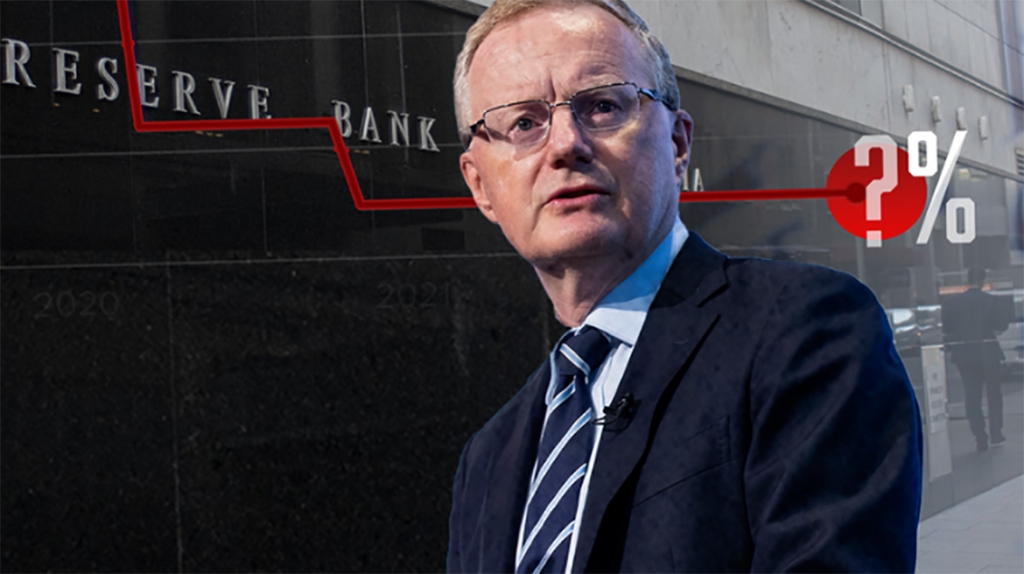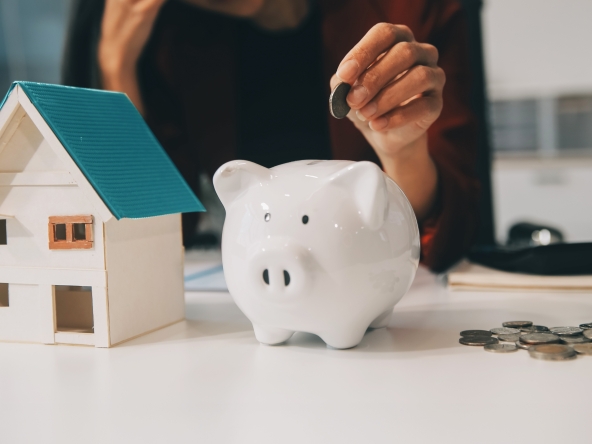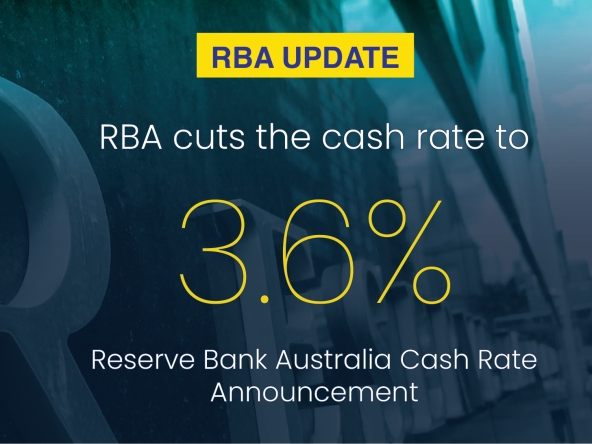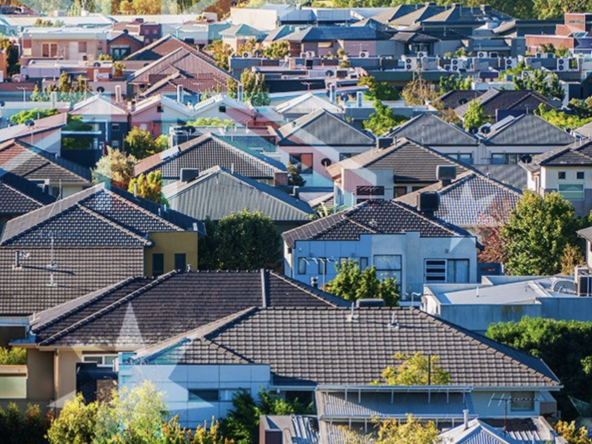
Homebuyers are “waiting and seeing” how high interest rates will go as the Reserve Bank of Australia hikes interest rates for the fourth time in a row since May. Cost of living pressures, rising mortgage repayments and the “negative wealth effect” of falling house prices have slowed the potential buyer’s market after two years of unprecedented property growth.
The Reserve Bank of Australia raised interest rates by 50 basis points on August 2, taking the cash rate from 0.1 per cent to 1.85 per cent in just four months. The hike marks the first time the central bank has raised the cash rate for four consecutive months since inflation targeting was introduced in 1990.
For the average borrower with a $500,000 loan with 25 years remaining, the hike would result in a monthly increase of $140 – or $472 since the RBA started raising rates in May 2022. Rising borrowing costs, and a broader rise in the cost of living, means people simply can’t borrow as much as they did six months ago. Not only did that drive down prices, but it caused some potential buyers to temporarily hold off on buying a home.
So will a series of interest rate hikes really affect Australia’s real estate market?
Clay, senior economist at Prop Track, said: “While rising mortgage costs will tighten the borrowing capacity of homebuyers, those who can afford to buy may find themselves in a more favourable market. For those looking to enter this market There will be less competition and more choice, which could create opportunities for some. While homebuyer sentiment has cooled in Australia’s major cities, there are still investor enquiries looking to take advantage of strong regional yields Rate.”
However, the Australian housing market is not all bad news.

It is worth noting that in terms of rents, there is clearly more hope than housing prices. The CoreLogic Australian House Price Index report noted that the CoreLogic rent index rose 1.0 per cent in June. Rent in Australia’s capital city has risen by 8.8% on the year, and the rental market is gradually recovering the ground lost in the two years of the epidemic. The research shows that in big cities, the rise in unit rents (9.1%) has outpaced the rise in villas (8.6%). In Melbourne and Sydney in particular, apartments rose by as much as 9.8 per cent. At this point, it will undoubtedly benefit from the opening of Australia’s borders and the return of overseas immigrants.
On the whole, the RBA rate hike will indeed have a partial impact on Australian home purchases in the short term, and first-time home buyers will be hit the hardest! However, the overall impact on the housing market is very limited, and it has a more stimulating effect on the rental market. Combined with strong conditions created by employment, population growth and rising construction costs, demand for home buying and renting will continue.



